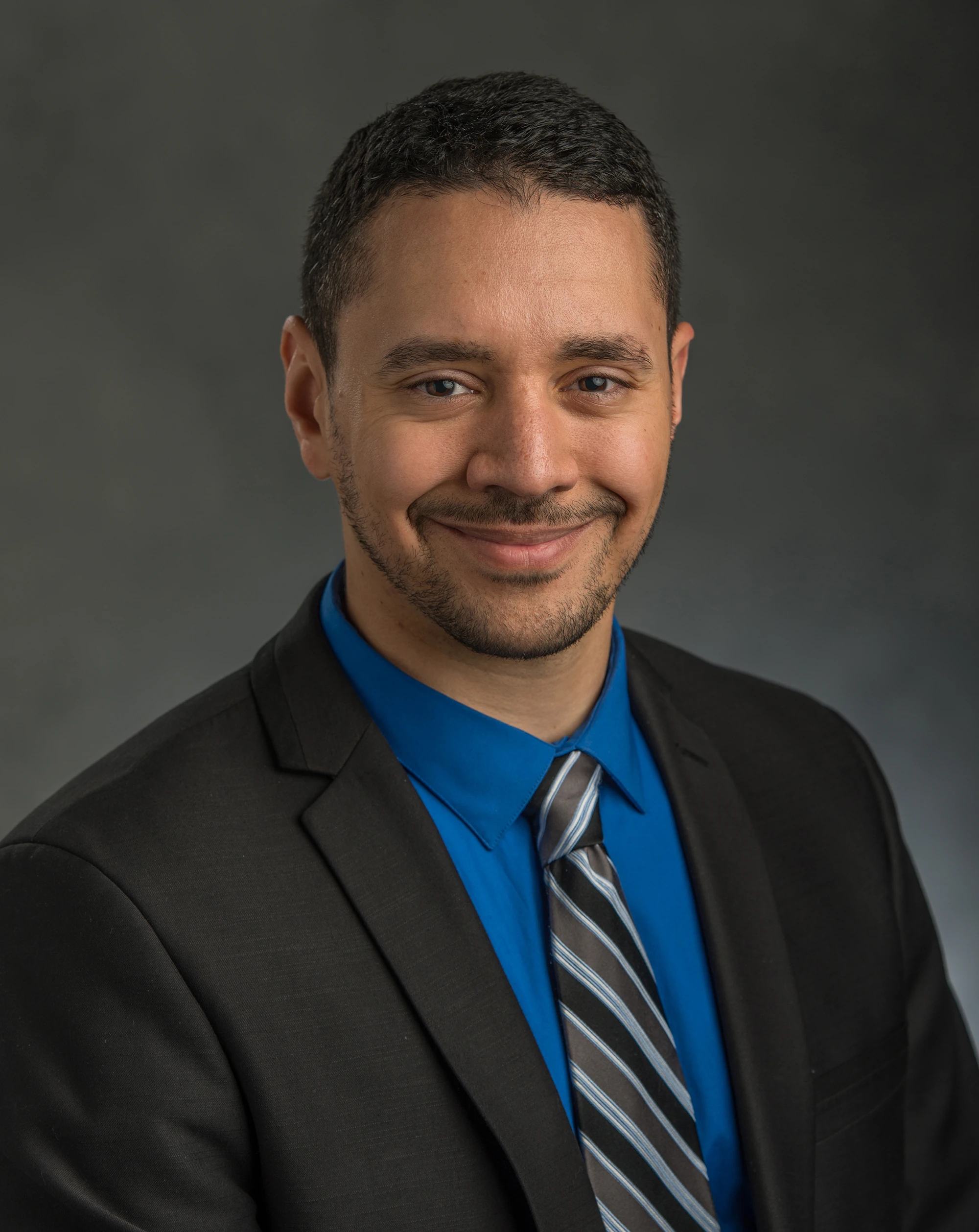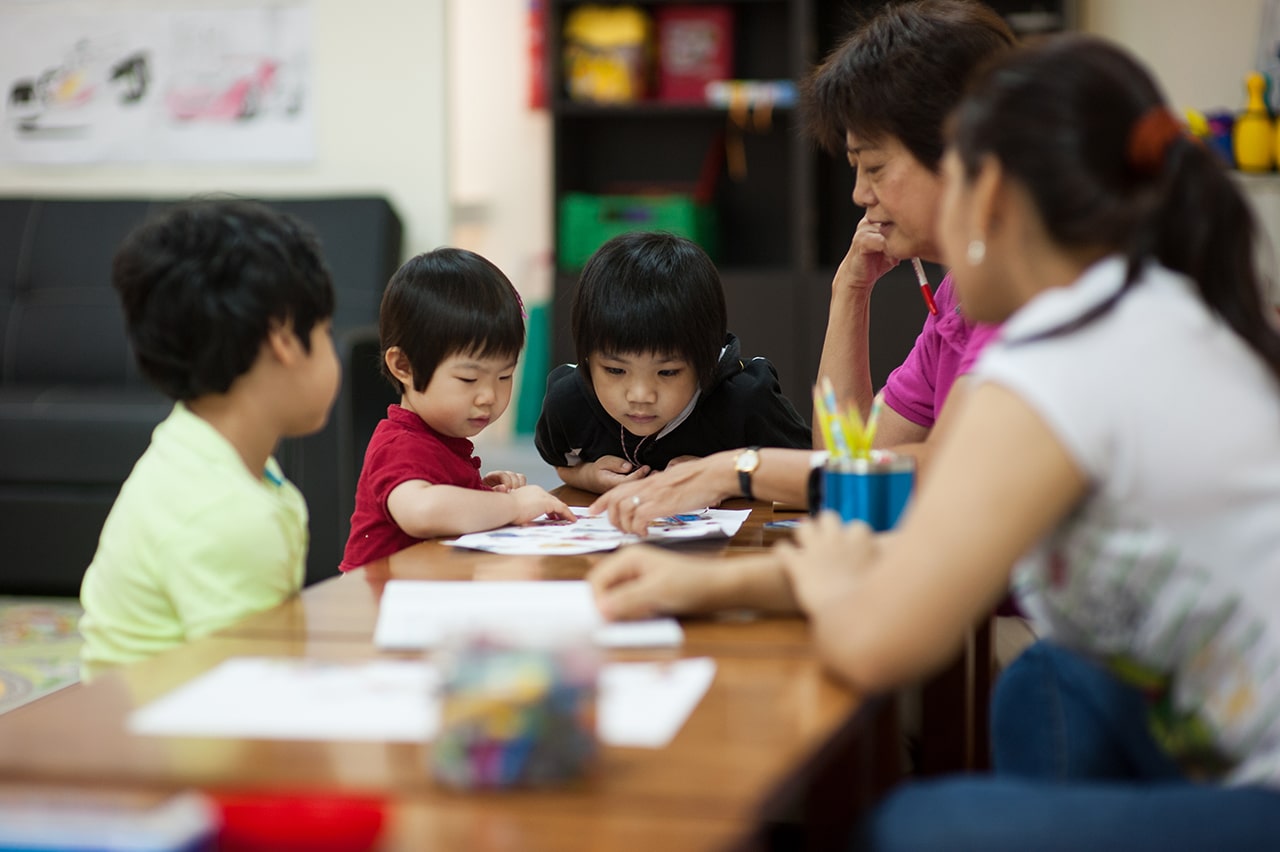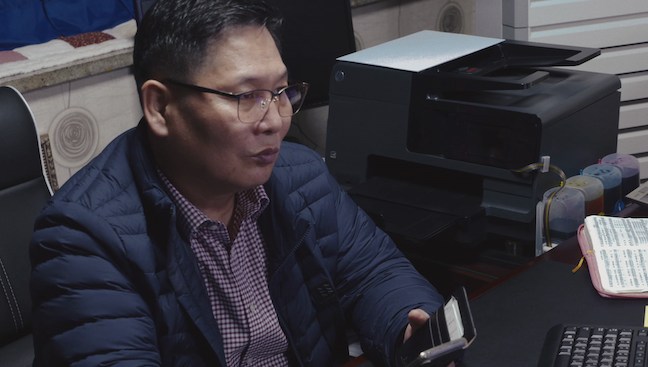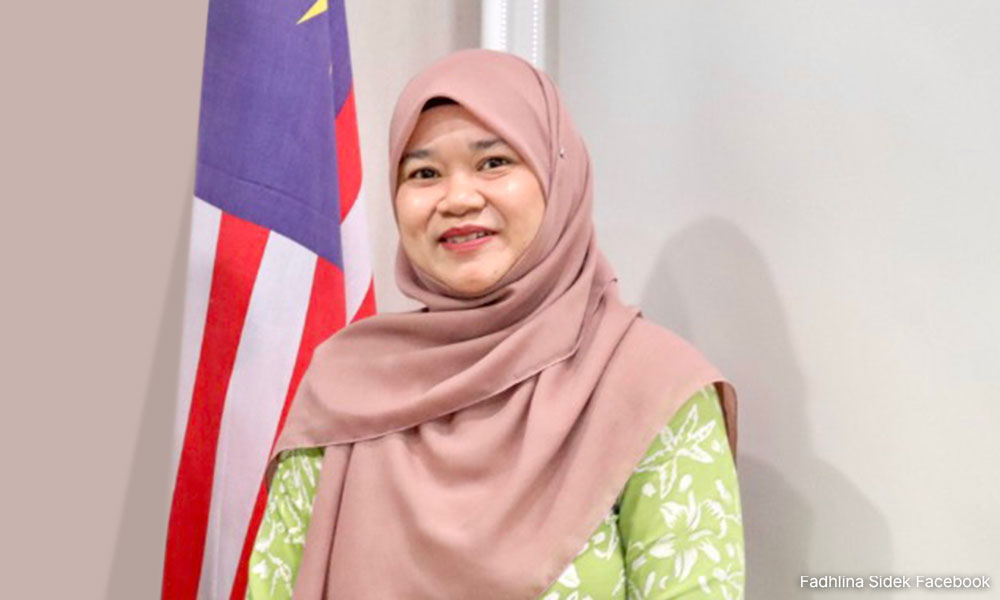
MSU Positive Changes: Religious Practice Rules
The new version of Michigan State University’s (MSU) has a positive changes. The MSU Religious Observance Policy is a good step toward making the school a friendly and helpful place for all of its students. The rule, which is meant to help students who are celebrating religious holidays, has been praised by both students and teachers.
MSU Positive Changes: Taking into account ways of worship

Kids can now miss more than one faith holiday without getting in trouble under the new rules. Instead, employees must now give more medical reasons for missing work when they need to. This change is meant to help students who have trouble when big jobs like tests or presentations happen on the same day as some important religious holidays.
Being written about in textbooks
They need to make sure that a lot of people know about the policy by adding a link to the full text to their course handouts. Step 3 is very important because it makes sure that both the students and the teachers know about the help that is available.
MSU Positive Changes: Real-life help for kids
This rule makes sure that students who miss school or tasks. It is because of religious events can get the help they need to get them caught up. People who have used this method have said good things about it. Also students are glad that they might be able to learn in a more open setting.
In Real Life: During Ramadan and Other Times
After graduating from Michigan State University’s (MSU) not long ago, Nadir Hamid talked about how Ramadan and the end of the school year happened at the same time for him as a sophomore and junior. In order to study politics and compare societies as a Pakistani American, he had to fast from dawn until dusk while taking exams at the end of the year. The new rule is seen as a positive step toward helping kids who follow religious practices.
Mohammad Khalil, a professor at MSU and a member of the university’s Diversity, Equity, and Inclusion Steering Committee, said that the new policy makes it easier for students to celebrate important Islamic holidays and still do well in school.
A culture that will always welcome everyone
That policy made after the Diversity, Equity, and Inclusion (DEI) Steering Committee at MSU did a lot of work and gave their thoughts. There were 26 people on the committee, including students, teachers, and staff. They looked at policies and comments from other Big Ten Academic Alliance schools and different university groups. The main goal is to make the campus atmosphere more open to everyone, both current and future MSU students.
MSU Positive Changes: Thanks from the people at MSU
12th year at MSU It was hard for Ellie Baden to choose between her religion and her schooling. As a way to be more open to everyone, she backs the strategy. It will help people who want to learn more about other faiths and countries, not just students who are following it, she says.
Chief variety Officer and Vice President Jabbar R. Bennett, Ph.D., says that the campus’s variety is growing and changing. He also praises the work of the people and groups that pushed for the new policy.
Giving Credit to People Who Made a Difference
A lot of important people and groups at MSU, like interim President Teresa K. Woodruff, Ph.D., interim Provost Thomas D. Jeitschko, Ph.D., and Executive Vice President for Health Sciences Norman J. Beauchamp Jr., M.D., helped make the policy. Luis Garcia and Wanda Lipscomb, Ph.D., were in charge of the DEI Strategic Planning Committee, which was very important.
Things to Come: A Future With More People
The update Religious Observance Policy shows that MSU is committed to making the campus a place. Where all students’ beliefs and practices valued and accepted. This is in line with the school’s ongoing efforts to promote diversity and acceptance. By making the rule, MSU is taking a big step toward. By Making the campus a more welcoming place that will last for years.


